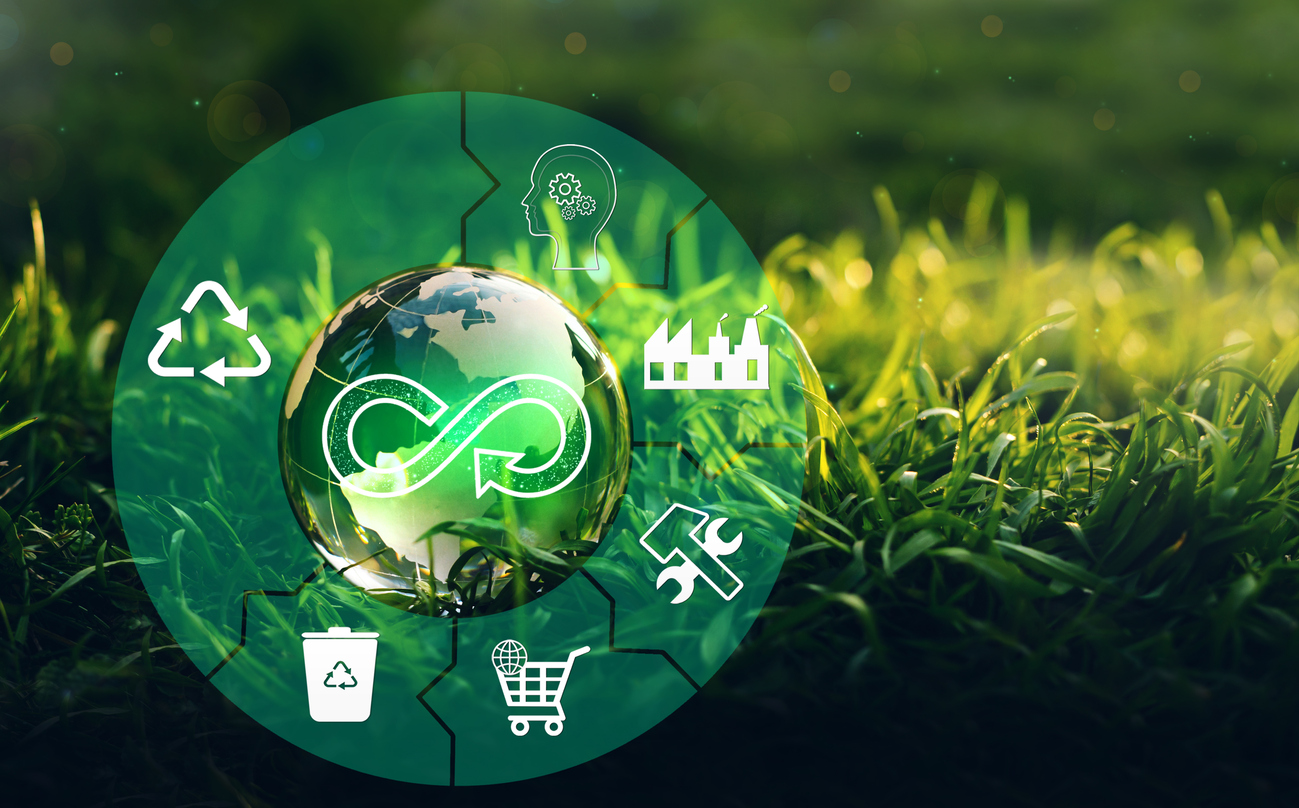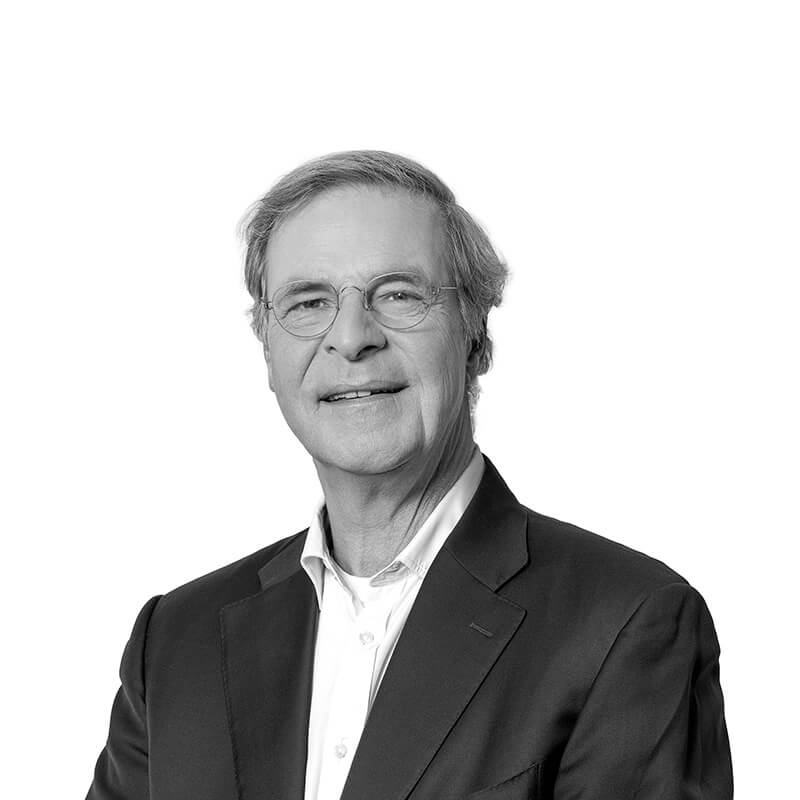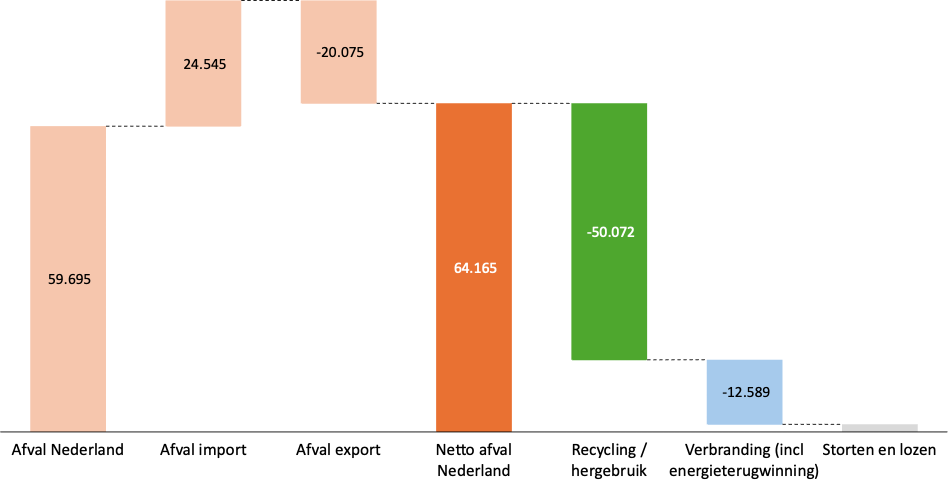News
Waste and recycling
To achieve the 2050 climate goals, better handling of waste is crucial. This means more recycling, preferably circular.

In the Netherlands, about 80% of waste is recycled and the rest is incinerated or landfilled. Every year, the Netherlands produces 60 megatonnes of waste, with an additional 5 megatonnes of net imported waste. The latter is needed to run the waste incinerators profitably by ensuring sufficient occupancy. Although waste incineration is to some extent sustainable - about 20% of the energy is recovered as electricity and about 23% as heat - it remains a less than optimal solution. The residual product, bottom ash, can be separated into reusable ferrous and nonferrous materials. Only a few incineration plants are able to capture CO2 and pass it on to the horticultural sector.
Waste balance Netherlands
Sources 2020: CBS and waste monitor
The amount of waste is growing rapidly, while recycling remains limited. To increase recycling rates, measures such as fossil resource pricing and EU legislation can be used. It is also essential to increase the use of chemical and mechanical recycling of products to reduce the use of fossil raw materials. Other opportunities to reduce waste include prevention, different design and production, reduced use and waste, and repair.
For a clean input stream at recyclers, the quality of collected material and a well-functioning market for raw materials must improve. The market needs to adapt and use more recycled material.
In the near future, "Extended Producer Responsibility" (EPR) plays an important role. Producers are encouraged through financial incentives to design environmentally friendly products. EPR is based on the principle that producers have control over product design and bear responsibility for environmental impacts and waste. Producers can opt for reuse or a recycling program, or delegate it to a third party. This shifts waste management from the government to the private sector. The EU Waste Electrical and Electronic Equipment Directive is an example of an initiative to prevent chemical waste and promote reuse and recycling. Member states must develop laws and regulations for this purpose.
EPR has several advantages:
- Financial or physical incentives to make products less toxic and more recyclable, even those more difficult to recycle
- Using fewer resources and creating products with a longer lifespan, which prevents environmental damage
- Reduced pressure on government
- Preventing export of electronics through regulation
There are also challenges:
- Products become more expensive, which will be passed on to consumers
- Downcycling to meet EPR obligation and is more cost efficient, rather than upcycling
- Complexity of establishing and managing EPR programs and enforcing them effectively
- Harmonizing regulations between different countries for EPR will be challenging
EPR can be implemented on a mandatory, negotiable or voluntary basis. The question remains whether it should be upstream or downstream.
In the Netherlands, Verpact, formerly the Waste Fund, is an initiative focused on packaging. Producers and importers are legally responsible for collecting and recycling the packaging they put on the Dutch market. Their contributions are divided among municipalities, sorters and collectors. Verpact must meet recycling targets and is audited by an external auditor and the Environmental and Transport Inspectorate. In 2022, the targets were more than met: the Dutch recycling target of 70% and the European recycling target of 65% were met with a recycling result of 75%.
Materials in the circular economy
Government sets agenda following Urgenda ruling to expand recycling and phase out incineration. The United Waste Industries (UA) wants to redirect waste streams from incineration to high-quality processing to keep materials in the circular economy and gradually reduce residual waste and CO2 emissions. If the Netherlands wants to be fully circular by 2050, incineration of foreign waste will no longer be possible. On a positive note, the UA is willing to actively cooperate.
It is still unclear how the Green Deal will be fleshed out, but what is certain is that hard work needs to be done to reduce the waste stream, further commit to recycling, pricing, and hopefully major innovations.
Contact the team personally
Would you like to spar with one of our experts? We are ready to talk with you.

Ronald van Rijn
Managing Partner JBR

Rogier Tigchelaar
Senior Consultant Corporate Finance

Frank Steenhuisen
Associate
